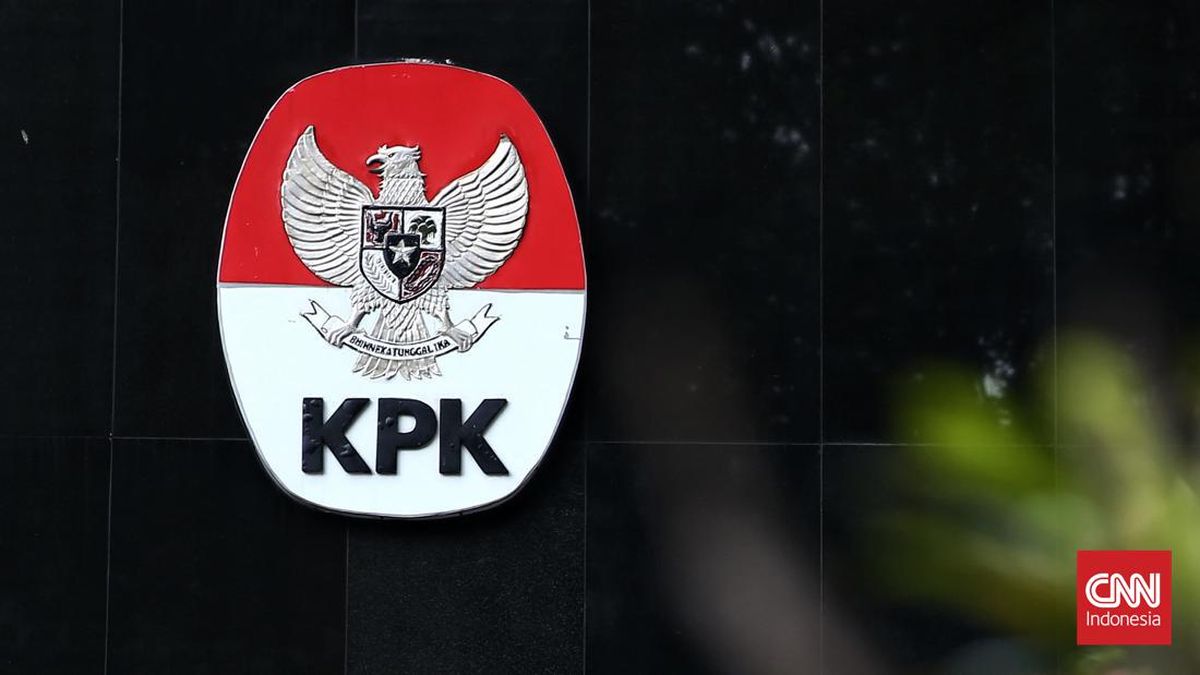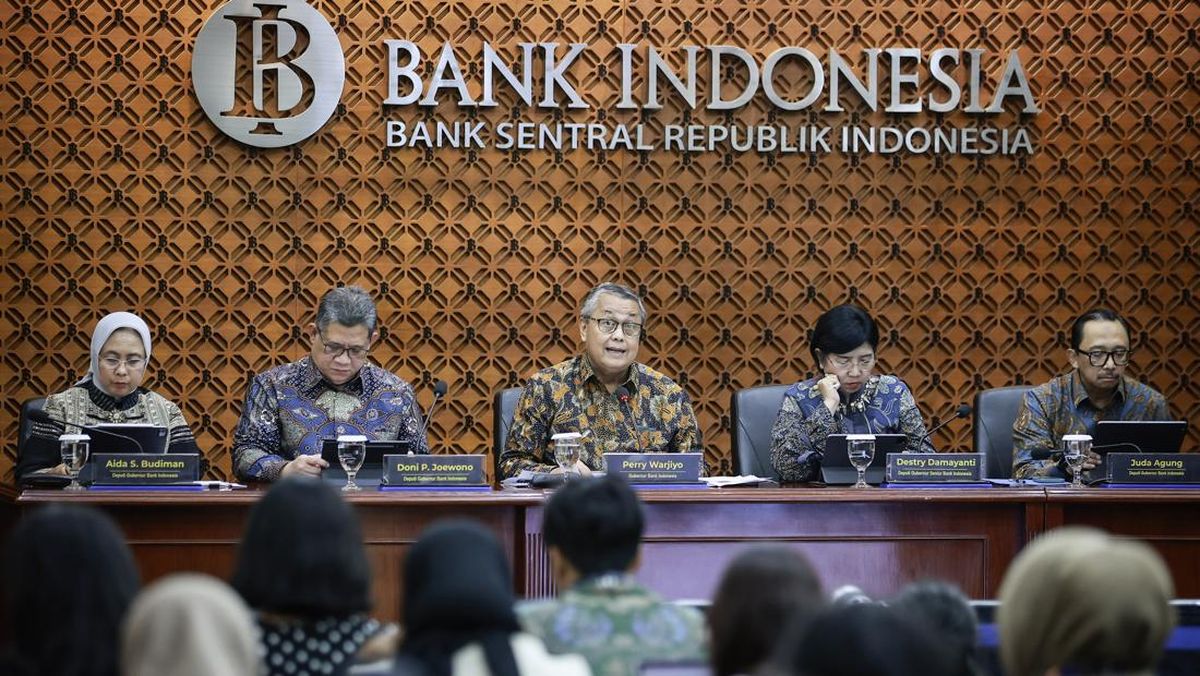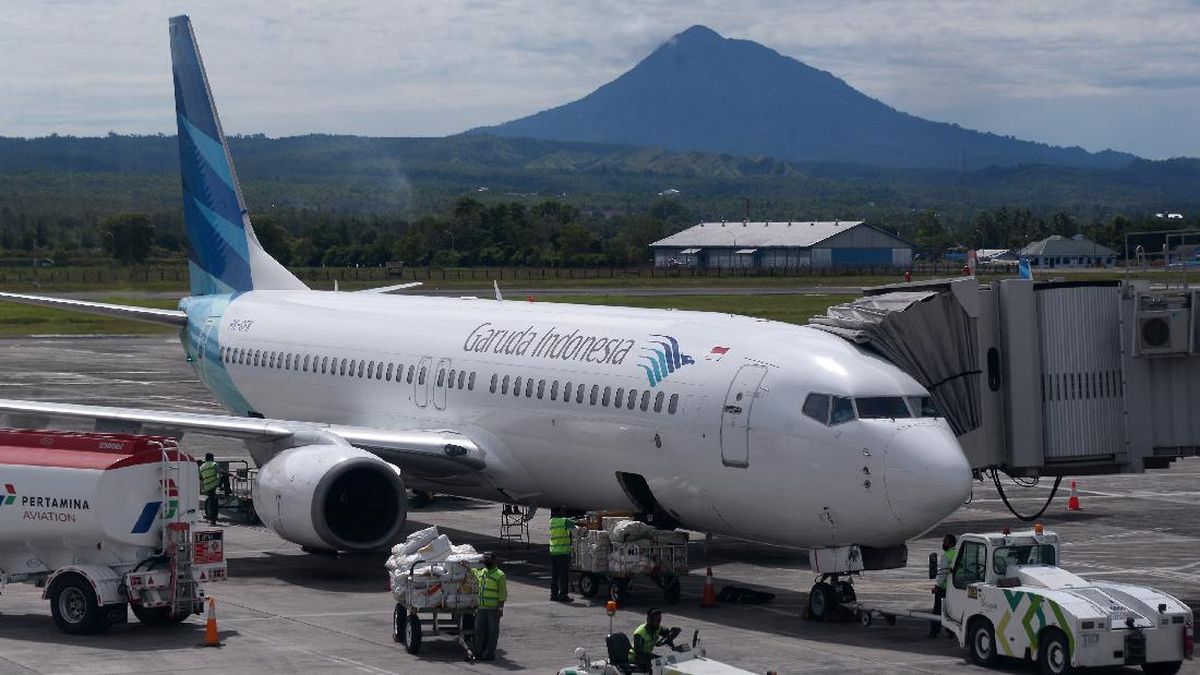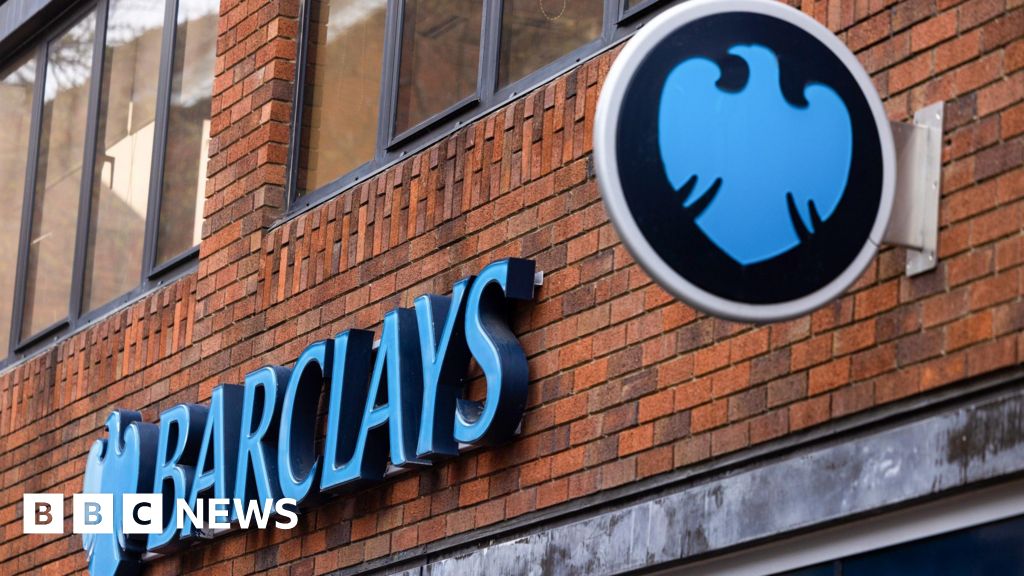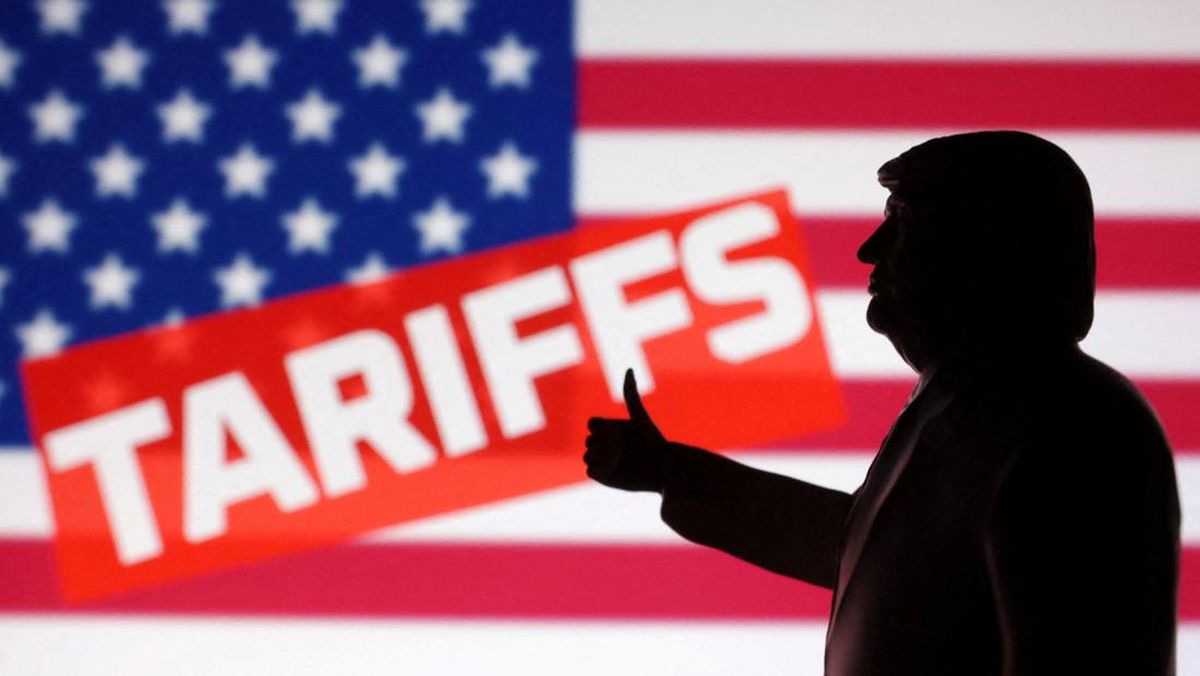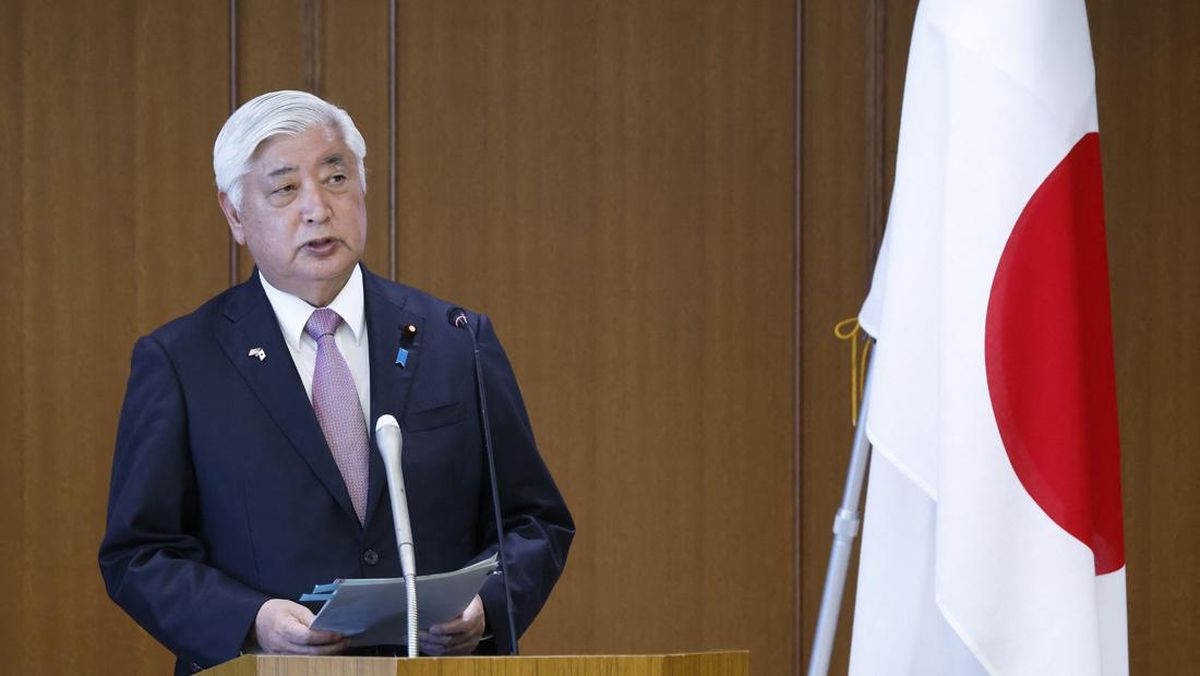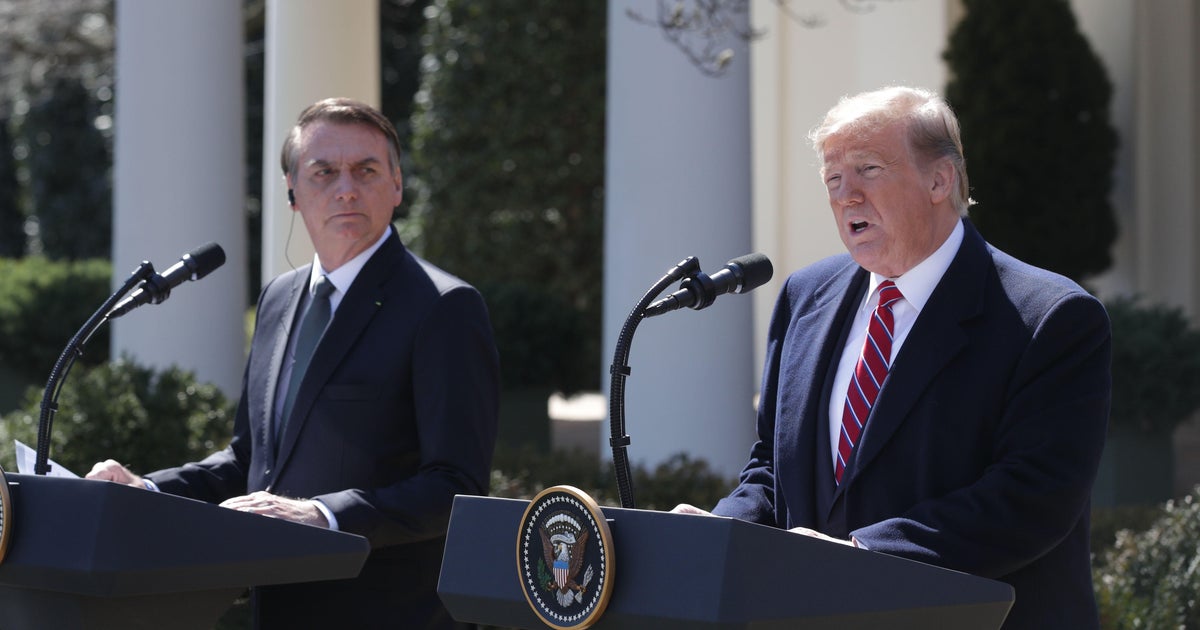Australians who take advantage of credit card offers to earn airline loyalty points could be in for a rude shock, the Reserve Bank and rewards experts warn, as earning rates and other sweeteners are likely to be scaled back in response to a proposed ban on card surcharges.
On Tuesday, the Reserve Bank revealed its proposal to ban surcharges for debit and credit card transactions from July next year, following a review that found “surcharging is no longer achieving its intended purpose of steering consumers to make more efficient payment choices”.
If implemented, the ban is expected to save consumers $1.2 billion a year, or $60 for the average user.

The Reserve Bank wants to ban surcharges for debit and credit card transactions.Credit: Atstock Productions
Cards supplied by Visa, Mastercard and Eftpos would be subject to the proposed ban, which the Reserve Bank can implement under its existing powers. Applying the rules to American Express would rely on separate reforms.
The proposed measures include lowering the cap on interchange fees. These fees form a large part of the service charges that businesses must pay to companies such as Square, Tyro and banks that provide terminal facilities to process card payments. These payment providers in turn must pay interchange fees to the bank that issued the card to the customer.
Lowering the cap on interchange fees is estimated to save customer-facing businesses $1.2 billion a year, according to the proposal, but would lead to a $900 million annual cut in fee revenue for card issuers.
Loading
Interchange fees historically have been a significant funding source for banks in covering the costs for reward points, which are issued to customers usually for each dollar they spend. Customers can also gain bonus points for signing up to cards, which are often gamed by “points hackers” who cycle through cards to accrue bonuses.
Banks may issue points in their own rewards schemes, such as CommBank Awards, which the issuer can then offer to convert to points in airline loyalty schemes, such as Qantas Frequent Flyer or Virgin Velocity.
“Some issuers may choose to increase cardholder fees or reduce benefits such as rewards points, particularly on credit cards, to boost their profitability in response to reductions in interchange settings,” the Reserve Bank warned.
Adele Eliseo, publisher of the rewards advice website The Champagne Mile, said when interchange fees were initially capped in 2017, “we saw adjusted down earn rates for some products”, but noted Qantas and Virgin Australia’s loyalty schemes had responded by growing in scale and introducing more channels to earn points, such as spending on groceries and everyday bills.
Eliseo said that if surcharge income was removed, “banks may need to reassess how they fund points, particularly for no-fee or lower-margin cards”. She said that cards with stronger built-in revenue, such as premium rewards cards, which tend to offer greater earn rates but charge higher annual fees, would be “better placed to absorb that pressure”.

The proposed surcharge ban may lead to rewards program changes. Credit: Jim Rice
“As a result of the changes, we might see lowered points earn on spend or adjusted down transfer rates from bank rewards schemes to airline programs on impacted products,” Eliseo said.
Matt Graham, editor of Australian Frequent Flyer, said the proposed surcharge ban and lowering of the interchange fee cap had become a hot-button issue on his website’s forum, with members concerned about looming changes.
Graham predicted a similar effect to that on credit card rewards schemes in 2017 when interchange fees were first capped, which led banks to reduce points earning rates and sign-up bonuses.
Loading
He noted that the proposed changes to interchange fees are similar to rules in the United Kingdom, where there are “significantly less compelling credit card reward schemes than what we currently have in Australia”.
“After the next round of RBA changes to interchange fees [proposed to take effect] in July 2026, our community is concerned that banks will have little choice but to cut reward points on card transactions even further, due to the decreased margins they will be earning from interchange fees,” Graham said.
“They might also choose to increase annual fees or impose new caps on the number of monthly points that customers can earn on their credit card payments,” he said.
Loyalty programs have become significant money earners for major airlines, bringing in hundreds of millions each year for Qantas, for example.
Airlines effectively issue points as their own currency that can be redeemed on reward flights, upgrades, gift cards or products – the redemption prices for which the airlines can set themselves. Banks and other businesses buy points from the airlines, who can offer them as sign-up bonuses to customers.
Qantas and Virgin Australia were contacted for comment.
The Business Briefing newsletter delivers major stories, exclusive coverage and expert opinion. Sign up to get it every weekday morning.
Most Viewed in Business
Loading





